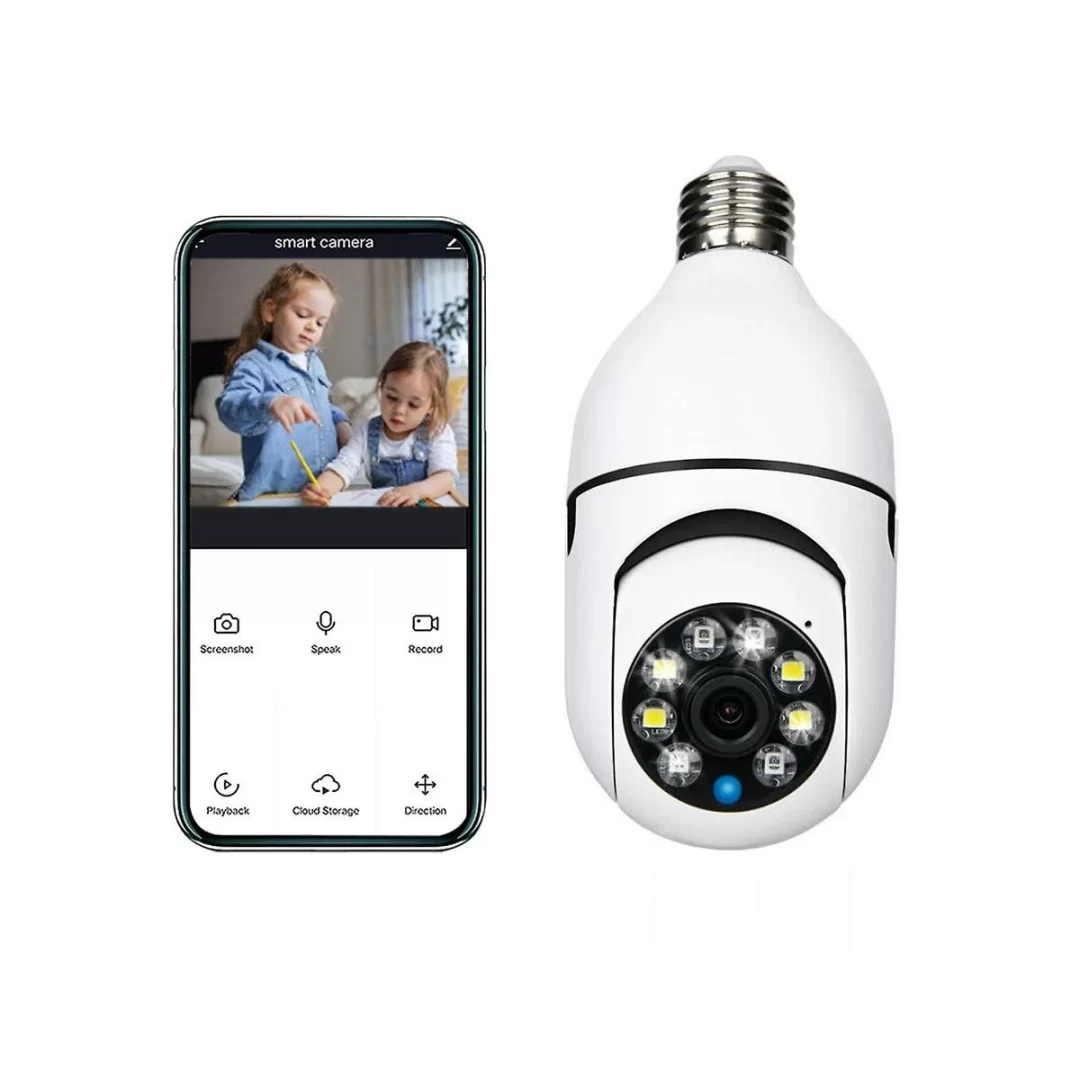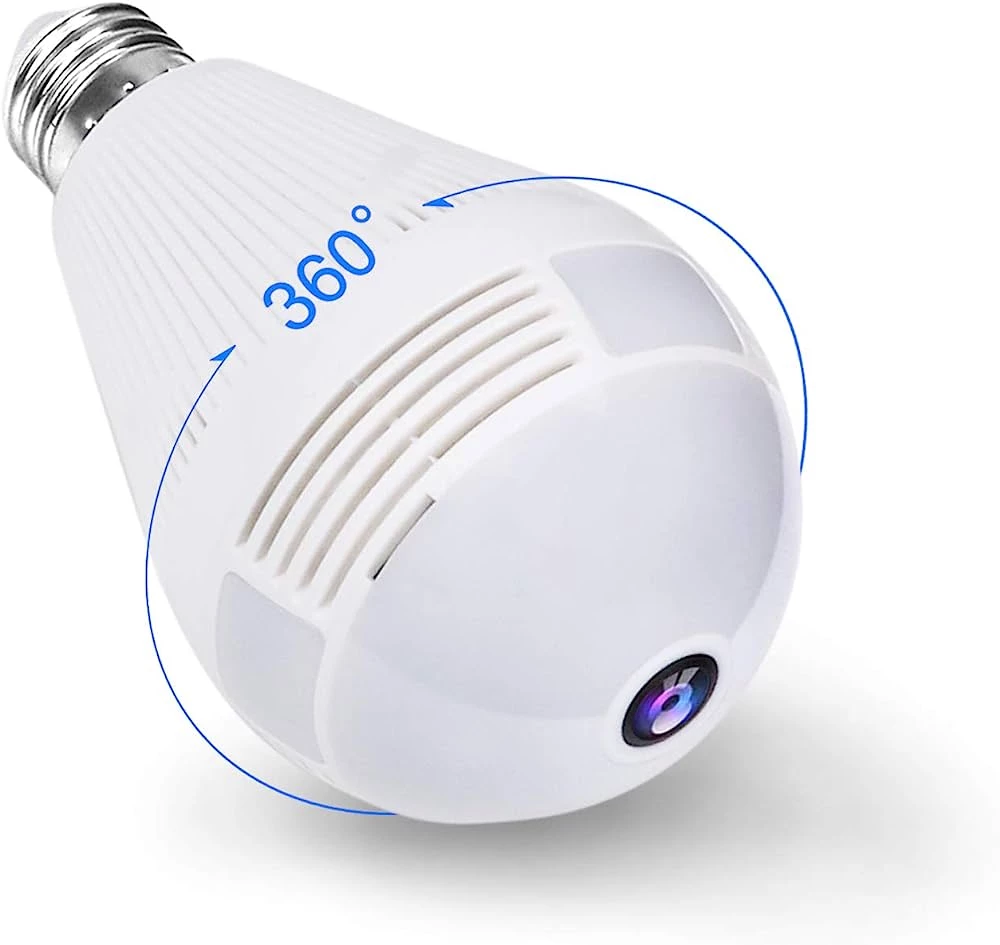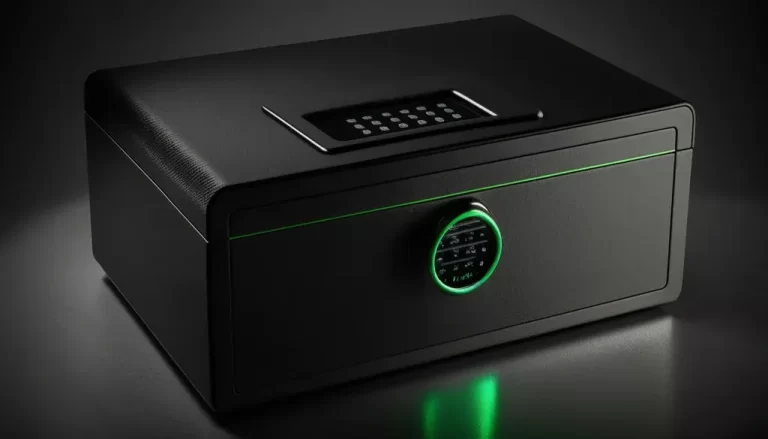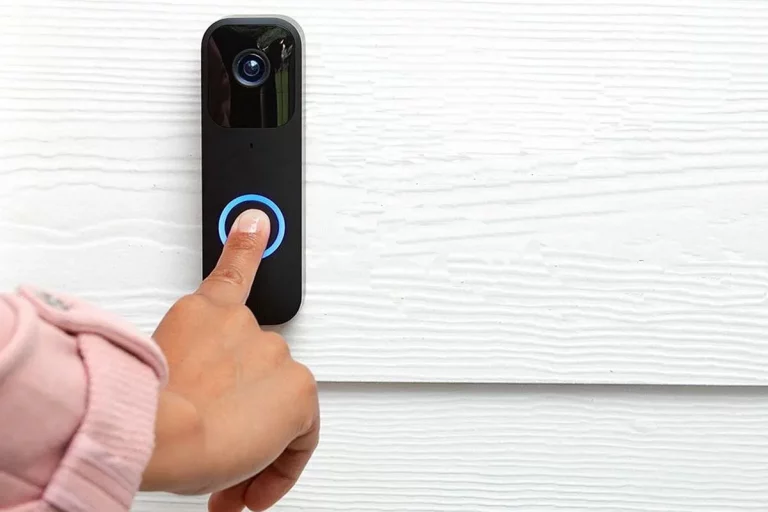Do Wireless Light Bulb Cameras Work?
Do wireless light bulb cameras really work? Are they reliable enough to ensure the safety of your home and loved ones?
In this comprehensive guide, we will delve into the inner workings of these devices, addressing common concerns and providing valuable insights. So, let’s shed some light on the topic and explore the truth behind wireless light bulb cameras.

Do Wireless Light Bulb Cameras Work?
The pivotal question that arises when considering wireless light bulb cameras is whether they truly work as intended.
The answer is a resounding yes! Wireless light bulb cameras have proven to be highly effective in providing home security and peace of mind to homeowners.
These innovative devices combine the convenience of a light bulb with the surveillance capabilities of a camera, ensuring that you can keep a watchful eye on your property without arousing suspicion.
The advanced features, such as high-definition video quality, motion detection, and remote access, contribute to their functionality and effectiveness.
Wireless light bulb cameras work by capturing video footage of their surroundings and transmitting it wirelessly to your connected devices.
This allows you to monitor your home in real time, whether you’re at work, on vacation, or simply in another room. With their discreet design, they can easily blend into any room, making them an ideal choice for those who value aesthetics and functionality.
Are Wireless Light Bulb Cameras Secure?
Security is a paramount concern when it comes to any surveillance device, and wireless light bulb cameras are no exception.
Fortunately, manufacturers of these cameras recognize the importance of data protection and implement robust security measures to safeguard your privacy.
To ensure the security of your wireless light bulb camera, consider the following measures:
1. Password Protection
Create a strong, unique password for your camera’s mobile app or web interface. Avoid using common passwords and enable two-factor authentication for an added layer of security.
2. Firmware Updates
Regularly check for firmware updates provided by the camera manufacturer. These updates often contain security patches and bug fixes, ensuring that your camera remains protected against potential vulnerabilities.
3. Secure Wi-Fi Network
Protect your home Wi-Fi network with a strong password and encryption. This prevents unauthorized access to your network and helps maintain the security of your wireless light bulb camera.
4. Network Firewall
Configure your home router’s firewall settings to restrict incoming and outgoing traffic, providing an additional layer of protection for your wireless light bulb camera.
By implementing these security measures, you can significantly reduce the risk of unauthorized access to your wireless light bulb camera and ensure the privacy of your video footage.
Can Wireless Light Bulb Cameras Be Hacked?

The concern of camera hacking is a valid one, as cyber threats continue to evolve. While no system is completely immune to hacking, manufacturers of wireless light bulb cameras employ various security measures to mitigate this risk.
To reduce the likelihood of your wireless light bulb camera being hacked, consider the following practices:
1. Secure Network
As mentioned earlier, securing your home Wi-Fi network with a strong password and encryption is the first line of defense against potential hackers.
Additionally, consider using a separate network for your cameras, isolated from other devices.
2. Firmware Updates
Regularly update the firmware of your wireless light bulb camera as updates often include security enhancements that address potential vulnerabilities.
3. Unique Password
Change the default password provided by the camera manufacturer to a strong, unique password. Avoid using common or easily guessable passwords.
4. Network Monitoring
Keep an eye on your network activity and be vigilant about any suspicious behavior. Monitor your camera’s activity logs for any unauthorized access attempts.
5. Disable Remote Access
If you do not require remote access to your wireless light bulb camera, consider disabling this feature. This reduces the potential attack surface and minimizes the risk of unauthorized access.
While no security measure can guarantee absolute protection against hacking, implementing these practices significantly reduces the risk and enhances the overall security of your wireless light bulb camera.
Conclusion
In conclusion, wireless light bulb cameras provide a convenient and effective solution for home security.
With their discreet design, easy installation, and advanced features, they offer homeowners the ability to monitor their property and enhance their overall safety.
By considering the factors discussed in this article and understanding the limitations and benefits of wireless light bulb cameras, you can make an informed decision about integrating them into your home security system.
READ ALSO!!!




